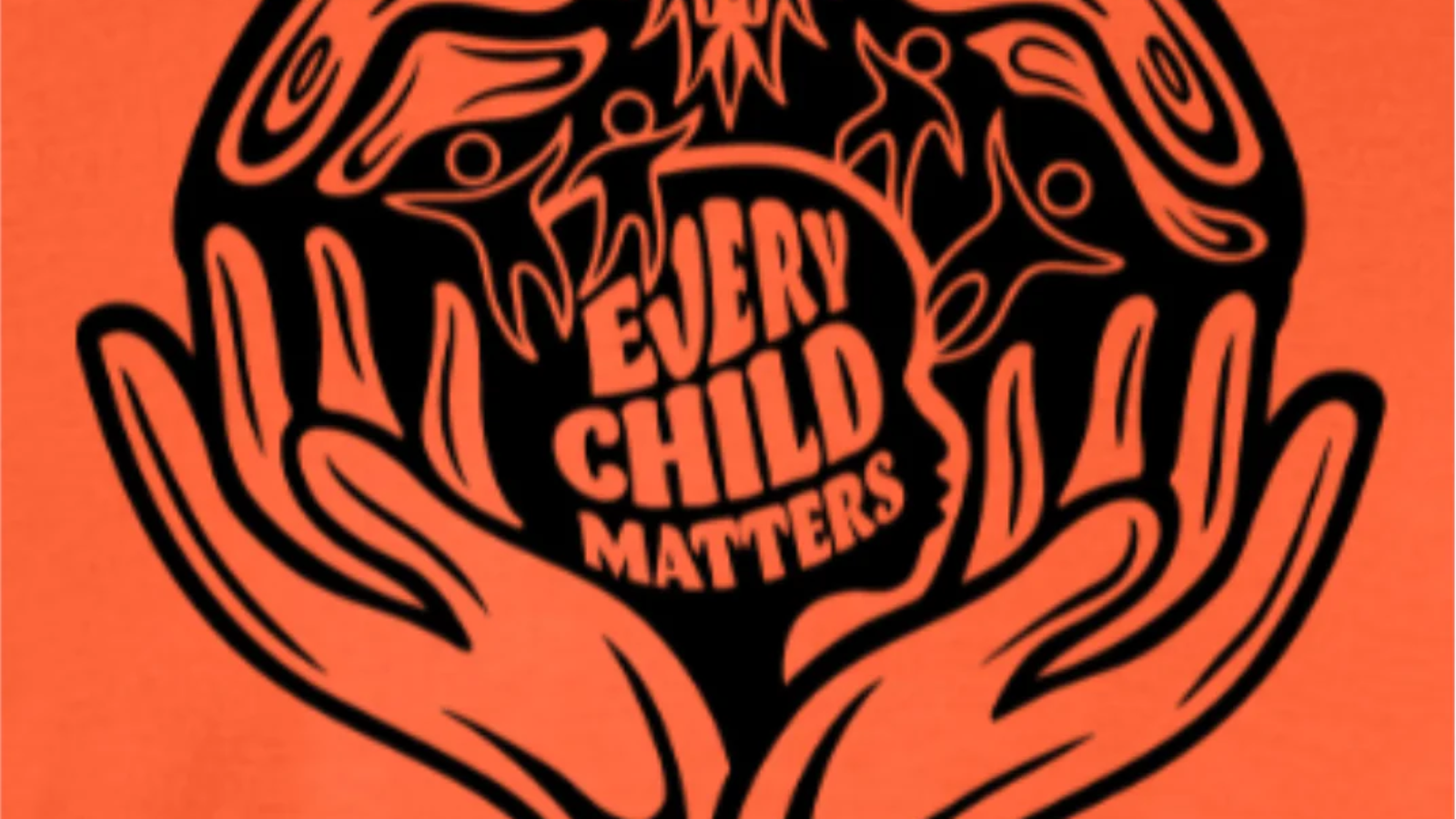Orange Shirt Day is a significant annual event in Canada that serves as a reminder of the deep and lasting impacts of the country’s residential school system on Indigenous communities. This day provides an opportunity for Canadians to come together to honor survivors and remember those who did not make it out of these institutions. In this blog post, we will explore the history and significance of Orange Shirt Day and discuss how it has evolved into a powerful symbol of reconciliation and solidarity.
The Origin of Orange Shirt Day
Orange Shirt Day was inspired by the story of Phyllis Webstad, a survivor of the St. Joseph Mission Residential School in British Columbia. In 1973, when Phyllis was just six years old, she wore a new orange shirt on her first day at the residential school, a gift from her grandmother. Tragically, the school staff stripped her of her beloved shirt, leaving her feeling vulnerable and dehumanized. This story highlights the emotional and psychological trauma experienced by thousands of Indigenous children forcibly separated from their families and culture.
The Significance of the Orange Shirt
The orange shirt has become a symbol of the harm inflicted upon Indigenous peoples through the residential school system. It represents the loss of identity, culture, and childhood innocence that many survivors endured. The choice of orange for the shirt is not coincidental; it is the color of the shirt Phyllis wore on that fateful day, making it a powerful reminder of the past and a symbol of hope for a brighter future.
Commemorating Residential School Survivors
Orange Shirt Day, observed on September 30th each year, is a solemn occasion for Canadians to remember the survivors of residential schools and to acknowledge the intergenerational trauma that persists within Indigenous communities. It provides an opportunity for reflection and education, encouraging individuals and organizations to engage in conversations about Canada’s colonial history and its ongoing impact on Indigenous peoples.
Educational Initiatives
Orange Shirt Day has also become an educational platform for schools and communities across Canada. It offers a chance for teachers to educate their students about the history of residential schools, fostering empathy and understanding among the younger generation. Through age-appropriate activities and discussions, students can learn about the importance of reconciliation, empathy, and cultural sensitivity.
Reconciliation Efforts
Orange Shirt Day is not just about remembering the past; it is also about fostering reconciliation in the present. Communities come together to support one another and to demonstrate solidarity with Indigenous peoples. Many individuals and organizations donate to Indigenous charities and initiatives, showing their commitment to addressing the ongoing inequalities faced by Indigenous communities.
Taking Action
Participating in Orange Shirt Day can take many forms, from wearing an orange shirt to attending events and ceremonies. However, it’s essential to recognize that true reconciliation requires ongoing effort. Canadians can take action by:
- Listening: Engaging in meaningful conversations with Indigenous people to better understand their experiences and perspectives.
- Supporting Indigenous Causes: Donating to Indigenous-led organizations and initiatives that work towards healing, education, and empowerment.
- Advocating for Change: Encouraging government policies and initiatives that address the needs of Indigenous communities and promote equity.
Orange Shirt Day is a poignant reminder of the historical injustices committed against Indigenous peoples in Canada. It is a day to honor survivors, remember those who did not survive, and commit to the ongoing process of reconciliation. By wearing an orange shirt, participating in educational activities, and taking meaningful actions, Canadians can contribute to healing the wounds of the past and building a more inclusive and equitable future for all.



Add a Comment